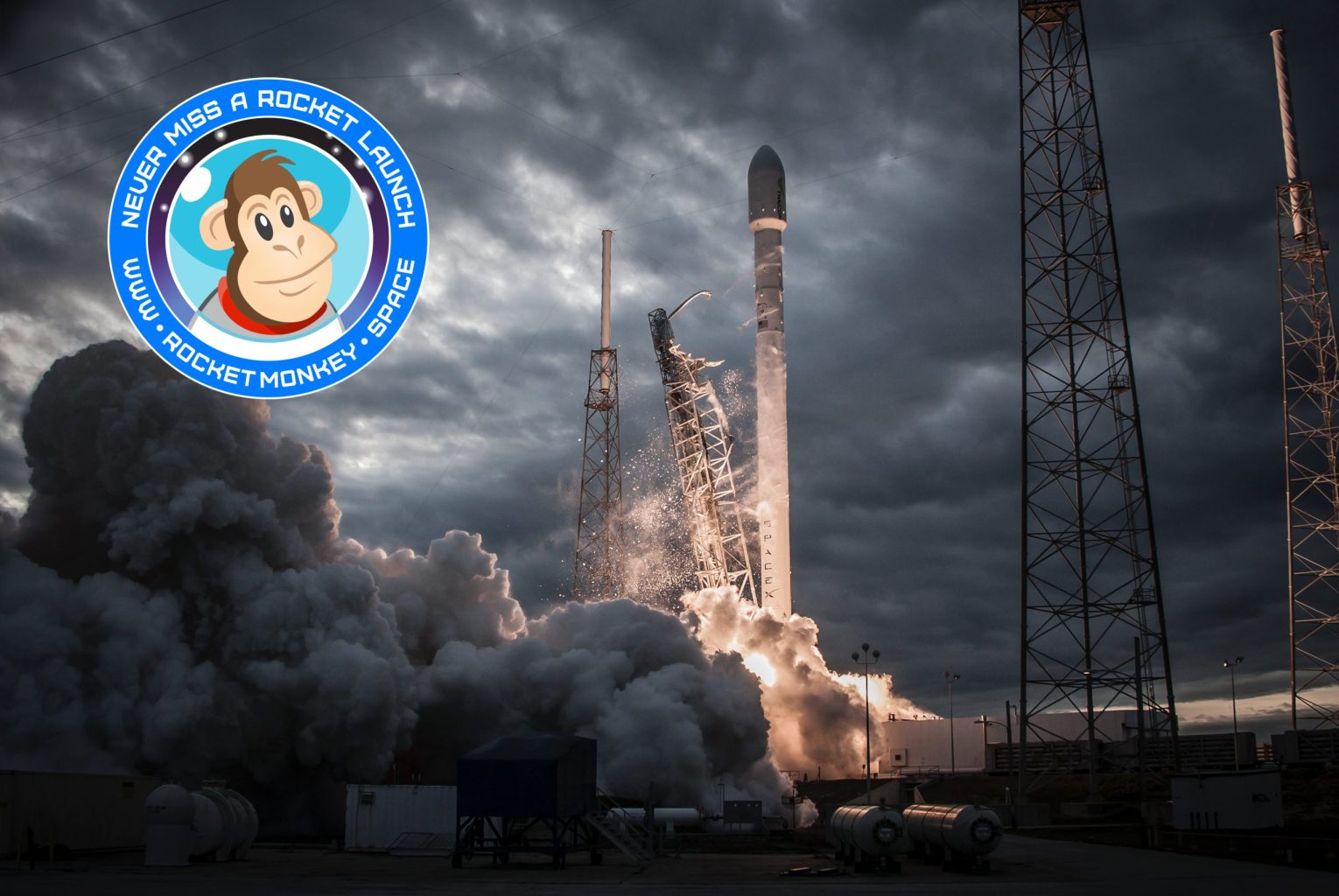
Have you ever gazed skyward, mesmerized by the fiery spectacle of a rocket launch? But along with the awe comes a flurry of questions! This Rocket Launch Frequently Asked Questions page is your one-stop shop for all things rocket launch. We’ll blast off any confusion, answering everything from “When is the next launch?” to the science behind these powerful machines. Dive in, explore, and prepare to be launched into a world of rocket knowledge!
When is the next rocket launch?
What is the trajectory of the next rocket launch?
What is the best app for the rocket launch schedule?
Where is the best place to watch a rocket launch from Florida?
Where is the best place to watch a rocket launch from California?
How do I know if there will be a sonic boom for a rocket launch?
What is a “Jellyfish” rocket launch?
How early should I arrive to watch a rocket launch?
What should I bring to watch a rocket launch?
How can I find out if a rocket launch is delayed or scrubbed?
Where can I watch rocket launch live video feeds?
How can I receive notifications about upcoming rocket launches?
- Daily Email: Get a concise rundown of scheduled launches delivered directly to your inbox each day.
- Mobile App: Download our dedicated app, Space Launch Schedule, available for both Android and iPhone. The app provides real-time notifications and detailed launch information.
- Website: Visit our website, Space Launch Schedule, where we post regular updates and notifications about upcoming launches.
We’re committed to keeping you informed about all the exciting space launch events!
Why do some rocket launches have a launch window?
A launch window is a specific period of time, typically lasting hours or even minutes, during which a rocket launch must occur to achieve its mission objectives. It’s like a sweet spot in time that aligns various factors for a successful launch.
Factors Influencing the Launch Window:
- Orbital Mechanics: Reaching a specific orbit requires launching at the right angle and direction to take advantage of Earth’s rotation.
- Target Destination: If the mission is to rendezvous with another spacecraft or reach a particular planet, the launch window needs to consider the relative positions of celestial bodies.
- Weather Conditions: Favorable weather is crucial for a safe and successful launch. Factors like wind speed, cloud cover, and upper atmospheric conditions are all considered.
The Importance of the Launch Window:
Missing the launch window can have significant consequences. A delay might require waiting for the next launch window, which could be days, weeks, or even months depending on the mission. In some cases, it might even force the mission to be scrubbed altogether.
How are rocket launch dates and times determined?
What is the difference between Cape Canaveral and Kennedy Space Center?
Cape Canaveral
Cape Canaveral referring to the geographic cape on the Space Coast of Florida, is home to the Cape Canaveral Space Force Station. Operated by the United States Space Force, this site has been pivotal in launching rockets since the 1940s. It is one of the busiest spaceports in the world, supporting various military, commercial, and private space missions. Companies like SpaceX and United Launch Alliance often launch from here, sending satellites, cargo, and astronauts into space.
Kennedy Space Center
Just slightly northwest of Cape Canaveral, Kennedy Space Center (KSC)is owned and operated by the National Aeronautics and Space Administration (NASA). Known as the gateway to human spaceflight, KSC is home to Launch Complex 39A and 39B, historic pads that have previously launched the Apollo Moon missions, Space Shuttle program, and the recent Artemis missions. KSC continues to play a key role in supporting NASA’s exploratory deep space and crewed missions!
What’s the difference?
Essentially, Cape Canaveral focuses mostly on military and commercial launches, while Kennedy Space Center focuses more on human spaceflight missions and deep-space exploration. Both sites are integral in propelling the future of spaceflight forward! Want to catch an upcoming launch? Check out the Space Launch Schedule.